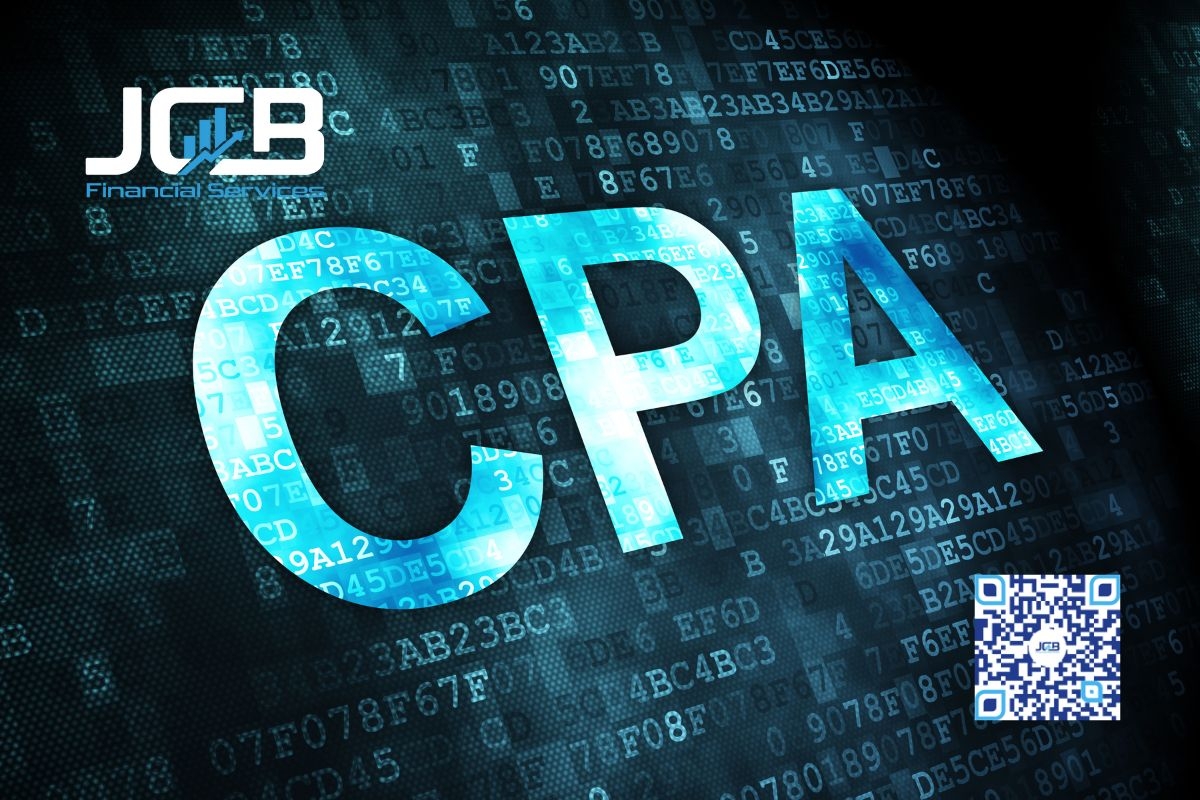Tax season can be stressful, and even small mistakes on your tax return can lead to penalties, delays, or even an audit. Whether you’re an individual taxpayer or a business owner, avoiding common tax filing errors can save you time, money, and headaches.
At JCB Financial Services, we help individuals and businesses navigate the complexities of tax filing to ensure compliance with IRS regulations while maximizing deductions. In this article, we’ll highlight common tax mistakes and how to avoid them.
1. Filing Late or Missing the Deadline
The IRS deadline for tax returns is typically April 15th (unless it falls on a weekend or holiday). Missing this deadline can result in:
- Late filing penalties – 5% of unpaid taxes per month, up to 25%.
- Late payment penalties – Additional charges on unpaid taxes.
How to Avoid It:
- Mark your calendar with the tax filing deadline.
- If you need more time, file for an extension (Form 4868 for individuals, Form 7004 for businesses) to avoid penalties.
2. Incorrect Social Security Numbers or EINs
Providing an incorrect Social Security Number (SSN) or Employer Identification Number (EIN) can delay your refund and even lead to a rejected return.
How to Avoid It:
- Double-check all personal and business identification numbers before submitting your tax return.
- Ensure all dependents' SSNs are entered correctly if claiming tax credits.
3. Math Errors and Miscalculations
One of the most common reasons tax returns get flagged is simple math mistakes. Errors in addition, subtraction, or tax credits can cause issues with your refund or tax liability.
How to Avoid It:
- Use tax software like QuickBooks or hire a professional tax preparer to ensure accuracy.
- If filing manually, double-check calculations and cross-reference IRS tax tables.
4. Claiming Incorrect Deductions or Credits
Tax deductions and credits can save you money, but claiming the wrong ones can lead to audits or penalties.
Common deduction mistakes include:
- Home office deductions – Must be used exclusively for business.
- Medical expenses – Can only deduct if expenses exceed 7.5% of adjusted gross income.
- Business expenses – Must be ordinary and necessary for your industry.
How to Avoid It:
- Keep detailed records of all deductions.
- Consult with a CPA or tax expert to determine eligible deductions.
5. Failing to Report All Income
The IRS receives copies of W-2s, 1099s, and other income forms, so failing to report income could trigger an audit.
How to Avoid It:
- Cross-check your income documents (W-2, 1099-NEC, 1099-K, etc.) with what you report.
- Don’t forget side income, freelance work, or gig economy earnings.
6. Choosing the Wrong Filing Status
Your filing status (Single, Married Filing Jointly, Head of Household, etc.) affects your tax rates and eligibility for credits. Choosing the wrong status can result in a lower refund or higher tax liability.
How to Avoid It:
- Use the IRS filing status tool or consult a tax professional to determine the best status.
- If you're recently married or divorced, make sure your status reflects your current situation.
7. Forgetting to Sign and Date Your Return
An unsigned return is considered invalid and won’t be processed by the IRS.
How to Avoid It:
- If filing electronically, use an e-signature.
- If filing paper returns, double-check all signature fields before mailing.
8. Not Keeping Tax Records
Failing to keep copies of tax documents can create problems if the IRS requests additional information later.
How to Avoid It:
- Keep at least three years of tax returns for reference.
- Save receipts and financial documents for potential audits or disputes.
Need Help with Tax Filing?
Avoiding these mistakes can save you money and prevent unnecessary stress. At JCB Financial Services, we specialize in tax preparation, IRS compliance, and financial planning to help individuals and businesses maximize tax savings and avoid costly errors.
📌 Need expert tax assistance? Contact us via the form below, and one of our tax specialists will get in touch with you!








 And then Add to Home Screen.
And then Add to Home Screen.